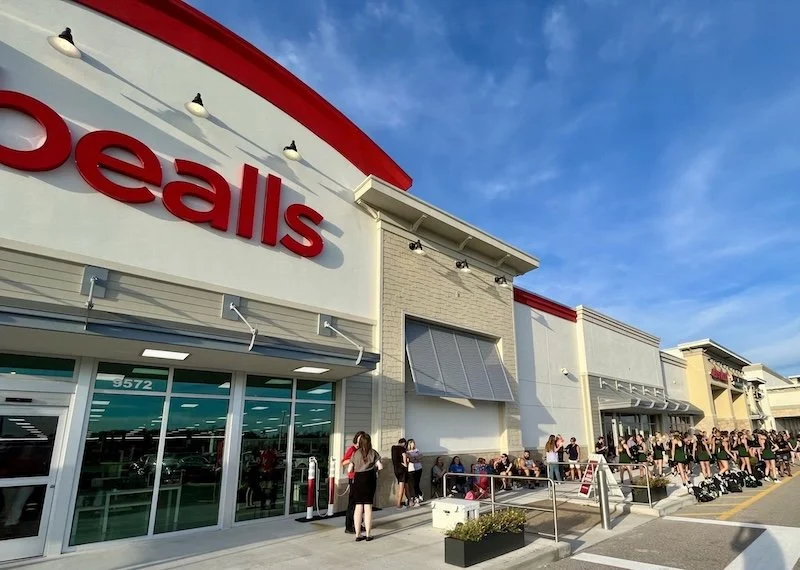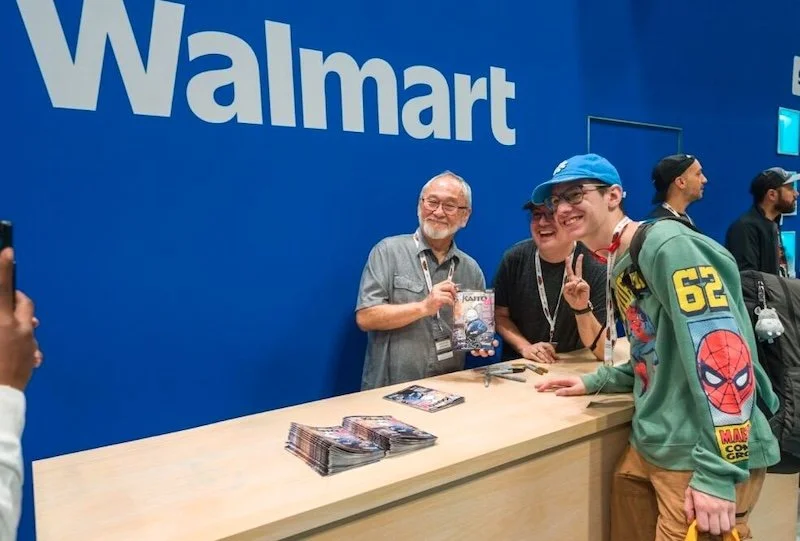Mystery boxes: at the crossroads of loot boxes and blockchain
Mystery boxes - those little bundles of randomness - have been around for decades. You pay for something without knowing what’s inside.
Maybe it's great, maybe it's garbage, but it’s the thrill of the unknown that keeps people coming back for more. This idea has evolved massively, especially in the digital age where loot boxes and blockchain are taking it to a whole new level.
A little history
The concept of mystery boxes isn’t exactly new. In the early 20th century, department stores would sell surprise packages filled with random stuff. People loved the gamble - they could end up with a load of crap or a high-profile item at a serious discount.
Fast forward to today, and we’ve gone from buying boxes of unknown goodies in shops to opening virtual boxes on platforms and in games. The element of chance is the constant; it’s the way we interact with it that has changed.
Loot boxes in gaming
Now, if you’re a gamer, you already know where this is going. The digital version of mystery boxes - better known as loot boxes - are everywhere.
You pay real or in-game currency, open a box, and hope to get that rare skin or game-changing weapon. Sometimes you get what you want, but most of the time? Well, let’s just say the RNG (random number generator) gods aren't on your side.
But here's where things get tricky. Loot boxes have been criticised for being too much like gambling.
Players spend on goods without any guarantee of getting something valuable, which can lead to some serious buyer’s remorse. Still, people love them because there’s always that glimmer of hope that the next box will contain exactly what they’ve been craving.

The blockchain twist
Enter blockchain - this is where mystery boxes and loot boxes get interesting. Blockchain is all about transparency, and in an age where people are becoming more and more wary of digital scams, this is a big deal.
When it comes to mystery boxes, blockchain technology allows for "provably fair" systems. In simple terms, this means that every transaction is recorded, and you can verify that the outcome was genuinely random.
For example, if you’re buying a mystery box on a platform using blockchain, you can check the algorithm that generated the results. Did they really give you a fair shot at that rare item? With blockchain, you can see for yourself. This adds a layer of trust that traditional mystery boxes - or even digital loot boxes - simply can’t offer.
In the world of digital goods, blockchain also gives you actual ownership. Let’s say you get a rare skin in a blockchain powered loot box - because it’s tied to an NFT (non-fungible token), you truly own it. You can sell it, trade it, or keep it.
This is a massive shift from traditional loot boxes where you don’t really "own" what you get.
Where to get your fix
So, where can you find these modern mystery boxes? Gaming platforms like Steam or Epic Games have loot boxes all over the place. If you're looking for physical or digital goods, platforms like Hyperdrop have tapped into this trend as well.
While Hyperdrop lets users buy mystery boxes containing real-world items, the entire concept is based on the randomness that fuels loot boxes. And it’s provably fair, too.
But there’s more. With blockchain creeping into more platforms, mystery boxes are getting an upgrade.
Blockchain-backed mystery boxes are popping up, promising transparency and the ability to verify fairness. It's a smart move, especially in a world where consumers are growing savvier about how their money is being spent.
The future of mystery boxes
So, what’s next for mystery boxes? Well, as blockchain technology becomes more widespread, expect mystery boxes to get even more transparent and fair. No more wondering if you’re being swindled by a shady algorithm.
And the prizes? They might not just be in-game skins or random knick-knacks from eBay anymore. Imagine opening a mystery box and winning an NFT, cryptocurrency, or something else that has real-world value.






























Continue reading…